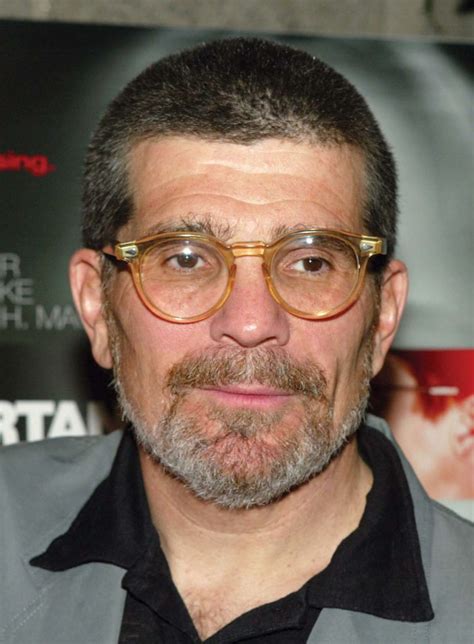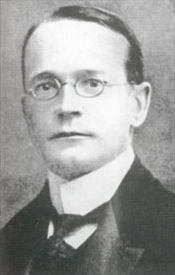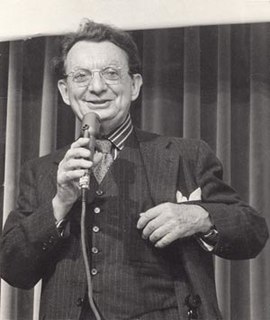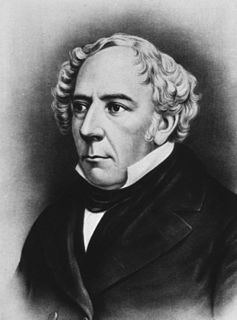A Quote by Louis MacNeice
Wyndham Lewis is basically a pessimist, thinking of human beings as doomed animals or determinist machines. His theory of satire is based on this view, and he finds plenty of evidence to support it in contemporary practice.
Related Quotes
There is no limit to suffering human beings have been willing to inflict on others, no matter how innocent, no matter how young, and no matter how old. This fact must lead all reasonable human beings, that is, all human beings who take evidence seriously, to draw only one possible conclusion: Human nature is not basically good.
Evidence-based reasoning underpins all scientific thinking, and it involves testing hypotheses or theories against data. Validating a theory requires replicable measurements from independent groups with different equipment and methods of analysis. Convergence of evidence is critical to the acceptance of a scientific idea.
It is worth repeating at this point the theories that Ford had come up with, on his first encounter with human beings, to account for their peculiar habit of continually stating and restating the very very obvious, as in "It's a nice day," or "You're very tall," or "So this is it, we're going to die." His first theory was that if human beings didn't keep exercising their lips, their mouths probably shriveled up. After a few months of observation he had come up with a second theory, which was this--"If human beings don't keep exercising their lips, their brains start working.
Evolution throws a wonderful light on all the struggles, eccentricities, tortuous developments of the human conscience in the past. It is the only theory of morals that does. And evolution throws just as much light on the ethical and social struggle today; and it is the only theory that does. What a strange age ours is from the religious point of view! What a hopeless age from the philosopher's point of view! Yet it is a very good age, the best that ever was. No evolutionist is a pessimist.
It has been an obsession of human beings to create a hierarchy that places the human species on top and lumps all the "other animals" together beneath us. The resulting "speciesism" allows us to look upon animals as less deserving of all manner of rights and considerations than humans. To support this lower status, humans have argued that animals act instinctually; don't have souls; don't feel physical pain like we do; and lack self-consciousness, cognitive intelligence, emotional feelings, morality, and ethics.







































